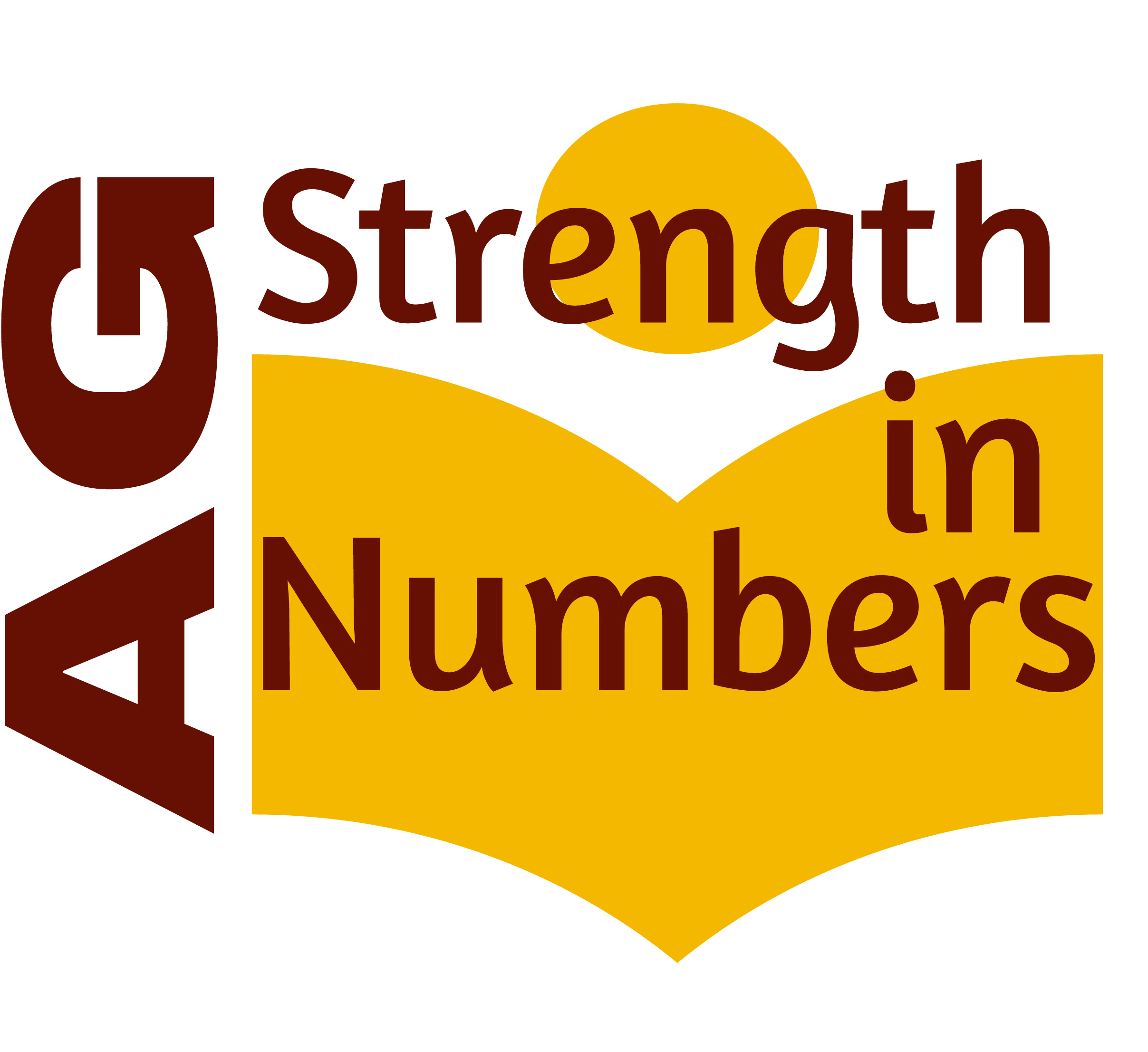
What is FDK?back to top
Avon Grove School District (AGSD) has approved full-day kindergarten (FDK) for the 2017-2018 school year. This move is in accordance with the district's strategic plan and current educational standards. In fact, about 75% of all kindergarten students in the United States are already enrolled in full-day programs (Children's Defense Fund, 2014). In Pennsylvania, 462 out of 501 school districts provided full-day kindergarten in 2015 (Parkland School District: Pennsylvania, 2015). An extended day gives students a chance to develop increased emotional, social and cognitive skills. Furthermore, it enables teachers to identify students in need of interventions earlier to reduce later grade retention and dropouts.
What does the research say about FDK? back to top
- FDK programs lead to advances in reading and math for everyone, but particularly for minority students(Gibbs, 2014).
- Research suggests that the benefits of FDK programs ARE long-term. The benefits are particularly evident in adulthood with regards to health status and earning potential.
- FDK is worth the investment. Studies suggest that for high quality educational programs in the first 4-6 years of schooling, including kindergarten, the societal benefit for every dollar spent is $8.24 by the time the students reach age 26(Reynolds, 2011).
- FDK provides consistency for kids’ schedules.
What are the educational benefits of FDK?back to top
- FDK has been shown to improve literacy rates.
- FDK students are more likely to have instruction time in science and social studies.
- Pennsylvania requires that all kindergarten programs have a full-day curriculum regardless of the length of day. Therefore, half-day kindergarteners need to cover the same information as full-day kindergarteners (Pennsylvania Department of Education, 2009). Having a whole day enables students to spend more time mastering and applying each of the key pieces of the curriculum.
- Students have a smoother transition to 1st grade.
- Students who have attended FDK are less likely to be held back a grade and less likely to drop out of school before graduation.
- Students would have time for purposeful play.
What are the community benefits of FDK?back to top
- There are economic benefits to investing in FDK for the community as a whole. Several studies have found that FDK programs are often more economically efficient than their HDK counterparts (see also budgetary considerations section)
- More desirable school districts attract increased housing sale prices. Therefore, offering FDK, which has been shown to increase graduation rates (see educational benefits section), would help maintain the district’s reputation for high quality education. Because surrounding districts offer FDK programs already, the expectation of parents is that a high quality education program includes FDK.
What are the budgetary considerations for FDK and what are the risks?back to top- Avon Grove School District estimated the initial cost for FDK to be approximately $2.2 million, which will be funded, in part by the General Fund.
- The school district expects FDK to be cost neutral within the second year of its implementation. (Alexander, 2016)
- Cost of FDK does increase when compared to HDK, although the benefits to society show that FDK is a worthwhile investment and may actually be a more efficient use of money than HDK.
- FDK is a relatively low-risk program to implement.
How does this align with the AGSD strategic plan? back to top- The strategic plan for years 2015-2018 utilized input from multiple stakeholders including parents, teachers, students and community members. The guiding mission statement for the strategic plan is that students should be “exceptionally well-prepared to succeed and lead full and meaningful lives”(Avon Grove School District, 2015). Full-Day Kindergarten and the high school bell schedule were listed as the first major initiatives to be considered by the board as part of this strategic plan (Avon Grove School Board Holds First Committee of the Whole Meeting, 2015). Fulfilling FDK is, therefore, not only in line with one of the major goals as defined by the district and the school board, but it is also in line with the guiding mission statement. As arguments outlined in the “What does the research say?” and the “community benefits” sections indicate, FDK is important for students’ success later in life in terms of literacy, emotional and social well-being, health and earning potential. Consequently, FDK may indeed prepare AGSD students to “lead full and meaningful lives”.
How does the district plan to measure the success of FDK?back to top- The Avon Grove School District has indicated that the following characteristics would be assessed in order to determine successful implementation of FDK(Avon Grove School District, 2015).
What do teachers say about FDK? back to top- While some parents and community members may worry about a full-day program being too intensive for a five or six year old, the reality is that many kids are coming into kindergarten from all-day daycare programs. For those students, FDK may be important for maintaining educational gains obtained in preschool(Children's Defense Fund, 2014).
- Teachers have more time to allow students to explore and apply the information taught throughout the day. They also have more time for subjects like science (Laurent, 2012; What does the research say about all day kindergarten programs?, 1999).
- Teachers have more time to observe students and to catch and address learning difficulties early on before students fall behind (Laurent, 2012; What does the research say about all day kindergarten programs?, 1999). Similarly, students who enter kindergarten without the basic necessary skills will have more time to catch up to their peers(Parkland School District: Pennsylvania, 2015).
- Teachers also reported that having a full-day meant that they felt less rushed and could take advantage of “teachable moments” (What does the research say about all day kindergarten programs?, 1999).
References and Works Cited back to top
